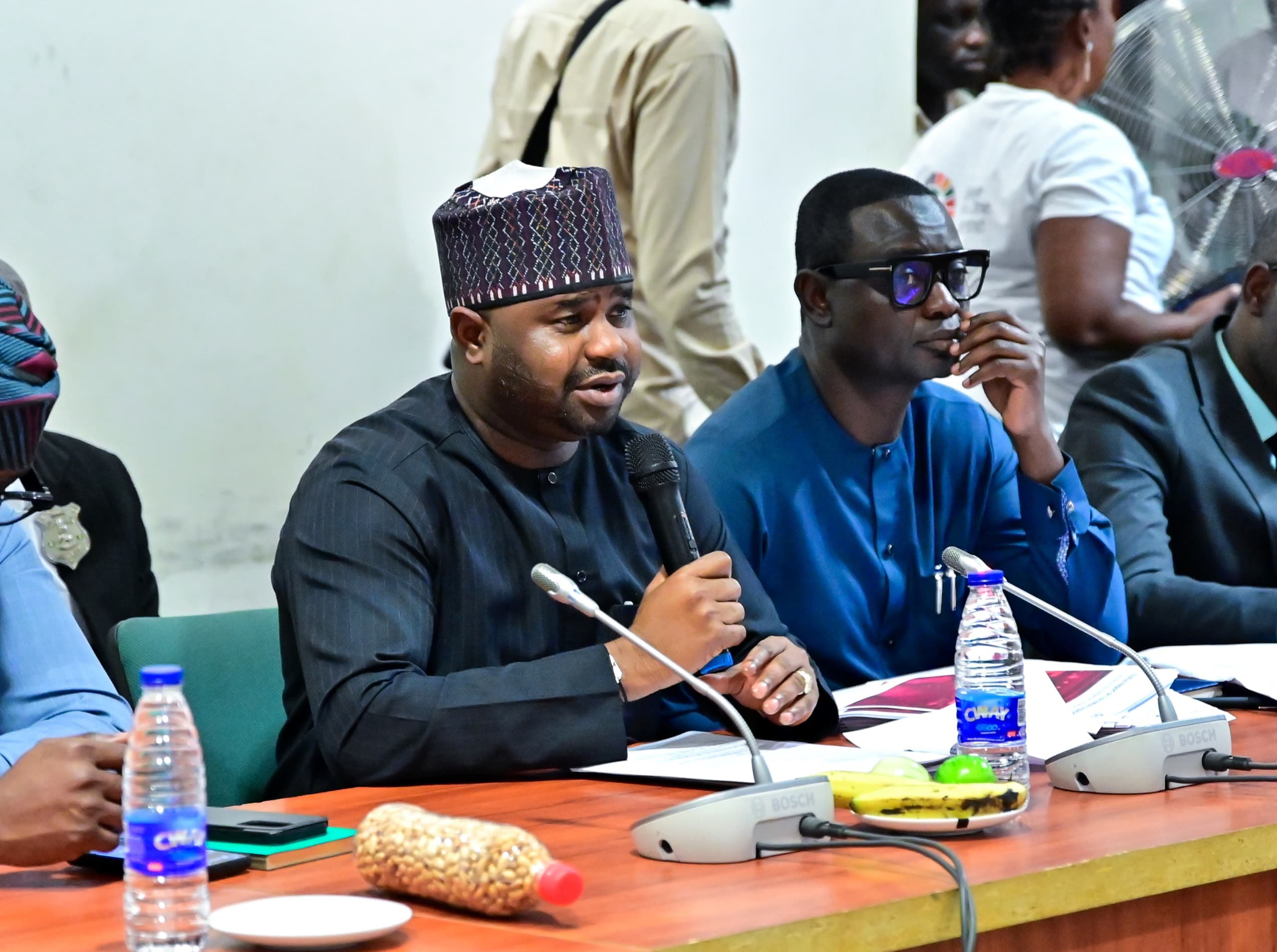
The Chairman of the Federal Inland Revenue Service (FIRS), Zack Adedeji, has said that the four tax reform bills recently presented to the National Assembly are not aimed at increasing taxes or introducing new taxes into the nation’s tax system.
He explained that the proposed legislation seeks to harmonise tax laws currently scattered across different statutes and establishment acts.
Adedeji said that the bills are not intended to merge any government agency or result in job losses.
He made these remarks during a meeting with the House Committee on Finance ahead of the bills’ second reading on Wednesday.
“We want to harmonise all the tax laws because they are scattered across various statutes and establishment laws. The implication is the multiplicity of taxes people complain about, as each agency with a tax law must implement it,” he said.
“No agency is superior to another, and no agency can be stopped from executing its mandate. Mr. President recognised that this situation is not good for the economy, and the solution is to harmonise all tax laws into one place.”
Adedeji also pointed out the need to organise the country’s fiscal framework.
“As it stands, there is no law regulating or monitoring cryptocurrency. Being part of a global community, we must align with international developments. One goal of these bills is to enhance fiscal efficiency within the framework,” he said.
He also stressed the importance of synergy among revenue-collecting agencies.
“One issue we previously faced was the government holding funds in one bank while borrowing from another because there was no comprehensive view of its finances. With the implementation of the Treasury Single Account (TSA), we now have a holistic view of government funds, preventing such inefficiencies,” he explained.
Adedeji noted other principles behind the reforms, including improving transparency and the integrity of revenue collection.
“Simplifying tax laws ensures better compliance. We also need to update our tax laws to reflect current realities, moving beyond outdated standards like the 1939 tax integrity test, which predates the internet and online shopping. The President’s wisdom is reflected in these reforms, aiming to align us with international standards,” he said.
“Nigeria must be an attractive destination for investment, offering favourable fiscal frameworks. This reform will align our policies with international standards and attract investment into Nigeria.”
He further noted that the reform seeks to broaden the scope of tax laws while reaffirming that the administration is not interested in taxing poverty or inflation.
“We will not increase the tax rate or the number of taxes. In fact, it is the President’s belief that the existing taxes should be harmonised, leaving fewer than two dozen types of taxes,” he said.
Adedeji explained the structure of the bills, starting with the proposed Nigeria Tax Act.
“This act will consolidate all tax laws into one book, reducing the multiplicity of taxes. For instance, the Education Tax Act, which increased the education tax from 2% to 3% by the Finance Act, overlaps with the Police Trust Fund, which imposes a 1% charge, while NASENI and NUPRC also impose various percentages. This creates compliance challenges,” he said.
He added that the Nigeria Tax Administration Act will standardise the administration of all taxes, specifying when taxes should be paid and ensuring uniformity to prevent taxpayers from moving between multiple agencies.
“The Nigeria Revenue Service Act will replace the FIRS Act and reflect the service’s current role. Today, we collect Value Added Tax (VAT), with 85% of the revenue going to states. The name ‘Federal Inland Revenue Service’ no longer reflects our scope, as we now collect revenues both domestically and internationally, including online charges from platforms like Jumia and Google,” he explained.
The final bill is the Joint Revenue Board Act, which aims to establish a legal framework for resolving conflicts between states and local governments regarding revenue generation and sharing.
“The President believes this reform is necessary to lay the foundation for a robust economy. The tax laws currently have different filing timelines and penalties. The proposed laws will provide a uniform template for enforcement and penalties, ensuring integrated compliance,” he said.
Adedeji concluded that these reforms are designed to stimulate the economy and lay a foundation for the type of economy the President envisions.
Chairman of the House Committee on Finance, James Abiodun Faleke (APC, Lagos), said the meeting aimed to provide members with firsthand information on the necessity of the bills to enable informed contributions during the second reading.






